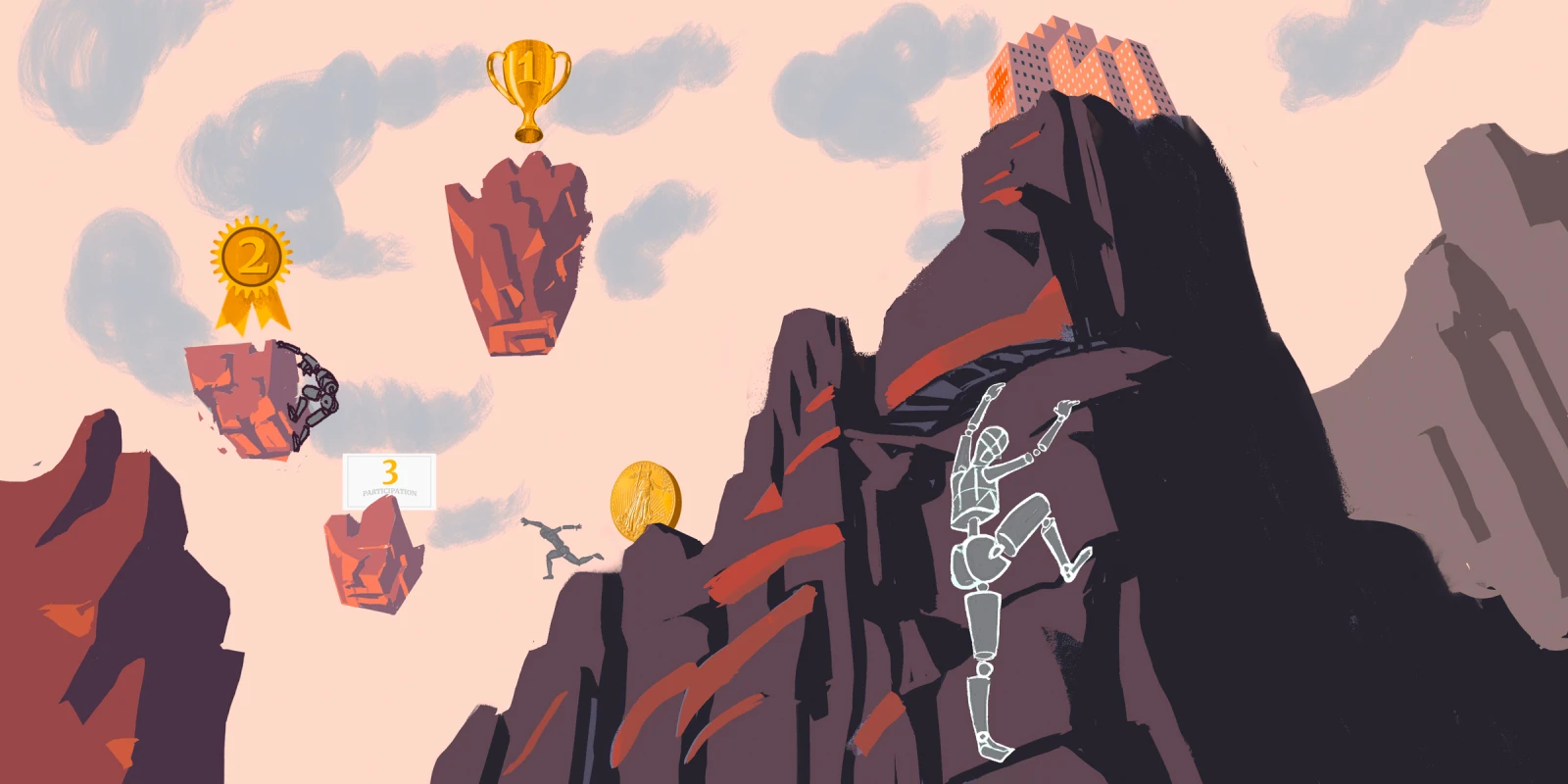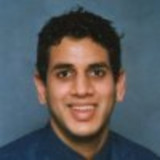I was listening to a podcast about a professional football player becoming lost at the age of 32 when he retired and I found the narrative oddly relatable. Why? We have a similar trajectory as physicians in that we work tirelessly to get to where we are and then get it all in an instant.
The transition from training to working as an attending physician is abrupt, literally one day. On June 30, you are in training and, on July 1, you are unleashed to the world as a “graduate.” Immediately, we begin working and learning the world of community medicine or academia and enter an alternate reality. While the transitions from college to medical school and then to residency are often marked by ceremony and excitement, this final transition to becoming a physician is often quiet; however, it is often the most sizable jump in position and responsibility. You go from being a chronically poor student to a well-off professional overnight.
Stability is a welcome change to constant uncertainty. For me, the worry of monthly financial solvency instantly vanished. I no longer thought carefully about the number of times I would go out to eat or how much to tip at the end of the meal. I also felt more respected within work as I was no longer the apprentice and was now the ultimate decision-maker. While these changes felt amazing, there was an insidious side effect of the big jump to attendinghood: I was growing too comfortable.
College, medical school, and residency were peppered with so many moments of hardship, doubt, and struggle that the survival instinct became hardwired in my mindset. We know there is a reasonable chance of failure with each exam. When the lion’s share of this difficulty is removed in an instant, the lack of anxiety is extremely pleasant and, yes, addictive. While there are always subtle challenges to the growth of a practice, the larger stakes of my previous training were mostly eliminated. While I could have sought out new challenges, I didn’t. Why? Because I am fundamentally competitive and need a fear of losing in order to truly engage. I was too used to having structured difficulties placed immediately in front of me throughout my route to this point so was actually confused when I entered this new world of relative comfort.
The lack of exams or a hurdle to clear can dilute a competitive drive. Though patient care is always challenging, the path to this point had layered competitive elements on top of the patient care that had motivated me. I was initially unsettled by the lack of regular exams and competition, but then I got used to it. After a while, I started becoming worried. I became extremely attached to my work setup exactly as it was as I had convinced myself that my role had to stay fixed. In a paradoxical sense, I had convinced myself that “survival mode” was contingent on keeping everything the same, mostly because I had confused my excitement on the chase for the destination with the destination itself. Every decision at work was guided more to preserve my position rather than maximize opportunity. If a change were introduced at work, my reflexive question would be, “Will I still have this job? Am I going to take home less money?” My sphere of opportunities had shrunk considerably and I could only see exactly what was in front of me as I was fixated on this preservation mindset.
Luckily, I had a close group of friends who recognized this change in mindset and redirected me immediately. I started trying new endeavors, both personally and professionally. I began writing. I switched jobs and had to let go of an amazing position that had provided me significant financial security. I began taking more risks and I absolutely loved it. Why? Because risk leads to happiness for me.
We all applied to medical school knowing the odds were not in our favor. We silently bet on ourselves when we applied to medical school, applied again to competitive residencies, and then again to our eventual careers. Despite these decades of hardship and self-affirming outcomes, this willingness to bet on ourselves can be decimated by a few years of “the good life.” I realize some of you may find this position to be unrelatable and are genuinely content. You are enjoying the fruits of your labor, in which case I celebrate your well-earned success. Maybe you are satiating your curiosity at work and feel like you are challenged regularly. However, I suspect there are bored competitors that have rationalized why their reality must be the only option. If you are feeling restless or overly worried about losing your precious job stability, you may be like me: a charged bull that is restless at the finish line. Make a big change. Switch jobs. For some of us, the competitive journey is much more fun than the destination, as comfortable as it may be. Don’t fight it.
Are you risk-averse or adventurous? Share your preferred lifestyle — and more importantly, if you're living it — in the comments.
Dr. Chirag Parghi is a board certified radiologist with fellowship (subspecialty) training in Breast Imaging and is the proud Chief Medical Officer of Solis Mammography. His clinical interests are focused on the early detection of breast cancer. Dr. Parghi has been practicing radiology in the greater Houston area for 8 years, and obtained his MBA from University of Houston. He is a 2021–2022 Doximity Op-Med Fellow.
Illustration by Jennifer Bogartz







